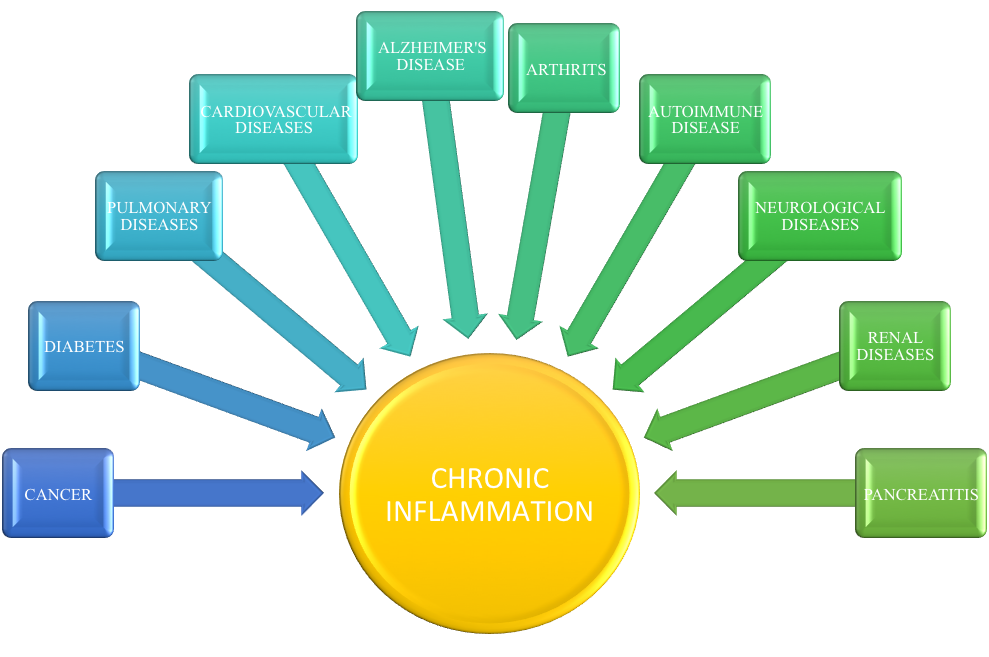What is Anti-inflammatory Treatment?
Anti-inflammatory refers to the property of a substance or treatment that reduces inflammation or swelling. Anti-inflammatory drugs make up about half of all analgesics, remedying pain by reducing inflammation as opposed to opioids, which affect the central nervous system.
Vilacto Bio™ treats a wide range of inflammatory abnormalities, inflammation related disorders (both acute and chronic) and is well within the capacity of our patented properties (Lactoactive®).
We have already overcome notorious healing challenges for some of those concerns, like such wounds, psoriasis, vitiligo and autoimmune related skin conditions. Our products are currently available on the market as Vilact®. Our aim is to develop new drugs and treatment based on our current treatments to help more people suffering from debilitating skin conditions.
What is inflammation?
Inflammation is part of the complex biological normal response of body tissues to harmful stimuli, such as pathogens, damaged cells, or irritants, and is a protective response involving immune cells, blood vessels, and molecular mediators.
What are the types of inflammation?
There are two subtypes of classic inflammation – acute and chronic. In general, acute inflammation is mediated by granulocytes, whereas mononuclear cells mediate chronic inflammation such as monocytes and lymphocytes.
Acute inflammation is a short-term process, usually appearing within a few minutes or hours and begins to cease upon the removal of the injurious stimulus.
An acronym that may be used to remember the key symptoms is “PRISH,” for pain, redness, immobility (loss of function), swelling and heat.
When inflammation becomes a disorder!
While after injury or in certain conditions inflammation is a normal, healthy response, there are inflammatory disorders that result in the immune system attacking the body’s cells or tissues which can cause abnormal inflammation.
Those disorders result in chronic pain, redness, swelling, stiffness, and damage to normal tissues.
Inflammatory abnormalities are a large group of disorders that underlie a vast variety of human diseases. The immune system is often involved with inflammatory disorders, demonstrated in both allergic reactions and some myopathies, with many immune system disorders resulting in abnormal inflammation.
Non-immune diseases with etiological origins in inflammatory processes include cancer, atherosclerosis, and ischemic heart disease. A large variety of proteins are involved in inflammation, and any one of them is open to a genetic mutation which impairs or otherwise dysregulates the normal function and expression of that protein.

